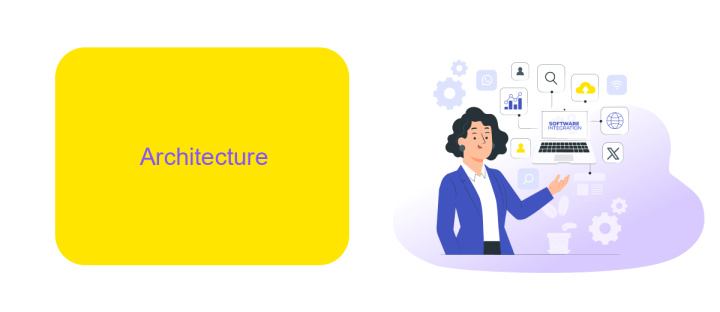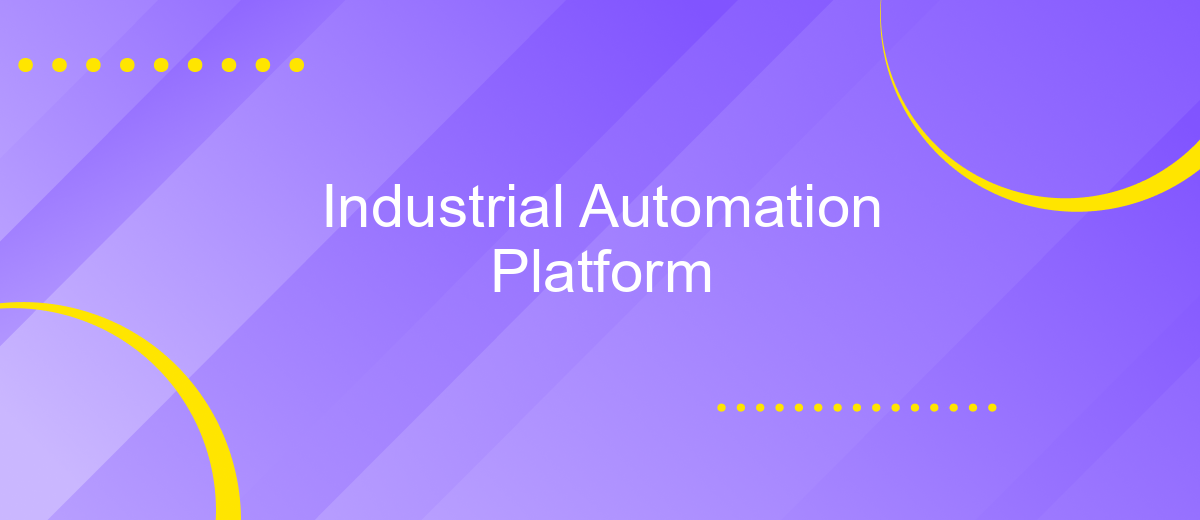Industrial Automation Platform
Industrial automation platforms are revolutionizing the way industries operate by streamlining processes, enhancing productivity, and reducing human error. These platforms integrate advanced technologies such as IoT, AI, and robotics to create efficient, interconnected systems. As businesses strive for greater efficiency and competitiveness, adopting industrial automation solutions becomes essential. This article explores the key components, benefits, and future trends of industrial automation platforms, highlighting their transformative impact on various sectors.
Introduction
Industrial automation platforms are revolutionizing the way industries operate by integrating advanced technologies to streamline processes and enhance efficiency. These platforms serve as a foundation for automating complex industrial tasks, reducing human intervention, and minimizing errors. By leveraging cutting-edge technologies such as artificial intelligence, machine learning, and the Internet of Things (IoT), industrial automation platforms enable businesses to optimize production, improve safety, and reduce costs.
- Enhanced operational efficiency through real-time data analytics.
- Improved safety and reduced risk of human error.
- Cost savings through optimized resource utilization.
- Scalability to adapt to changing industrial demands.
- Seamless integration with existing systems and infrastructure.
As industries continue to evolve, the demand for robust industrial automation platforms grows. These platforms not only provide a competitive edge but also pave the way for sustainable industrial growth. By embracing these technologies, businesses can ensure they remain at the forefront of innovation, ready to meet the challenges of a rapidly changing industrial landscape. The future of industry lies in automation, and these platforms are the key to unlocking its full potential.
Architecture

The architecture of an industrial automation platform is designed to seamlessly integrate various components and systems to optimize production processes. It typically consists of a multi-layered structure where each layer performs distinct functions. The foundational layer comprises hardware such as sensors, actuators, and controllers that gather and execute data-driven tasks. Above this, the middleware layer facilitates communication and data exchange between hardware and software applications, ensuring interoperability and real-time data flow.
The uppermost layer is the application layer, which includes software tools and interfaces for data analysis, monitoring, and decision-making. This layer often incorporates cloud-based solutions for enhanced scalability and accessibility. To streamline integrations and automate workflows, services like ApiX-Drive can be employed. ApiX-Drive allows for the effortless connection of different systems and applications, reducing manual intervention and increasing efficiency. By leveraging such integration services, the platform can adapt to evolving industrial needs, ensuring a robust and flexible automation environment.
Key Features

Industrial automation platforms are revolutionizing the way industries operate by integrating advanced technologies to enhance productivity and efficiency. These platforms offer a comprehensive suite of tools and functionalities designed to streamline processes and reduce operational costs. By leveraging cutting-edge technologies, businesses can achieve greater flexibility and scalability in their operations.
- Real-time Data Monitoring: Enables continuous tracking and analysis of production metrics for informed decision-making.
- Scalability: Easily adapts to growing business needs, ensuring long-term viability and growth.
- Interoperability: Seamlessly integrates with existing systems and devices, facilitating smooth operations.
- Enhanced Security: Implements robust security measures to protect sensitive data and industrial assets.
- Predictive Maintenance: Utilizes AI and machine learning to anticipate equipment failures and minimize downtime.
These key features make industrial automation platforms indispensable in modern manufacturing and production environments. By embracing these technologies, companies can optimize their workflows, improve safety standards, and maintain a competitive edge in the market. As industries continue to evolve, the adoption of such platforms will be crucial in meeting the demands of an increasingly automated world.
Benefits and Use Cases

Industrial automation platforms provide a transformative approach to optimizing manufacturing processes. By integrating advanced technologies such as IoT, AI, and machine learning, these platforms enable real-time data collection and analysis, enhancing decision-making and productivity. Companies can achieve greater efficiency, reduce operational costs, and improve product quality through automated systems.
These platforms are versatile, catering to various industries, from automotive to pharmaceuticals. By automating repetitive tasks, they free up human resources for more strategic roles, fostering innovation. Moreover, they enhance safety by minimizing human intervention in hazardous environments, thus reducing workplace accidents.
- Predictive maintenance to prevent equipment failures and reduce downtime.
- Quality control through real-time monitoring and adjustments.
- Energy management to optimize resource consumption and reduce costs.
- Supply chain optimization with enhanced tracking and logistics management.
The adoption of industrial automation platforms is crucial for businesses aiming to stay competitive in the modern market. They not only streamline operations but also offer scalability and flexibility. As technology continues to evolve, these platforms will play an increasingly vital role in shaping the future of industries worldwide.


Conclusion
In conclusion, the evolution of industrial automation platforms has significantly transformed manufacturing and production processes, offering enhanced efficiency, precision, and scalability. These platforms integrate advanced technologies such as IoT, AI, and machine learning, enabling seamless communication and data exchange across various systems. As industries continue to adopt these innovations, the potential for cost reduction and productivity improvement becomes increasingly attainable, driving businesses toward a more competitive edge in the global market.
Moreover, the integration of automation platforms is further simplified by services like ApiX-Drive, which facilitate seamless connectivity between diverse applications and systems. By automating data transfer and streamlining workflows, ApiX-Drive empowers organizations to focus on core operations while ensuring optimal system performance. As the industrial landscape evolves, embracing such integrative tools will be crucial for companies aiming to stay ahead of the curve, fostering an environment of continuous improvement and innovation.
FAQ
What is an Industrial Automation Platform?
How does an Industrial Automation Platform improve efficiency?
What are the key components of an Industrial Automation Platform?
How can businesses implement an Industrial Automation Platform?
What are the challenges of implementing an Industrial Automation Platform?
Do you want to achieve your goals in business, career and life faster and better? Do it with ApiX-Drive – a tool that will remove a significant part of the routine from workflows and free up additional time to achieve your goals. Test the capabilities of Apix-Drive for free – see for yourself the effectiveness of the tool.

